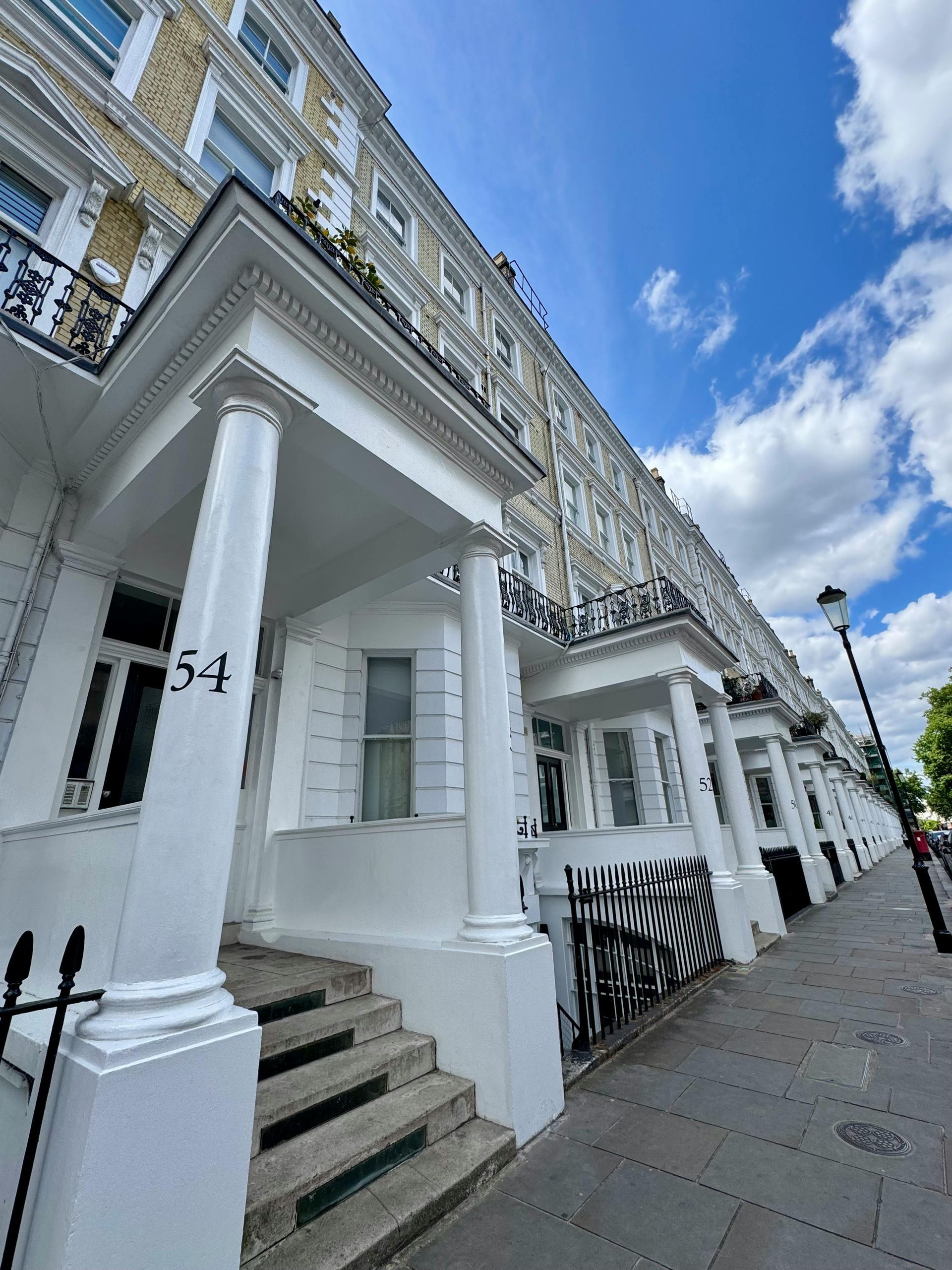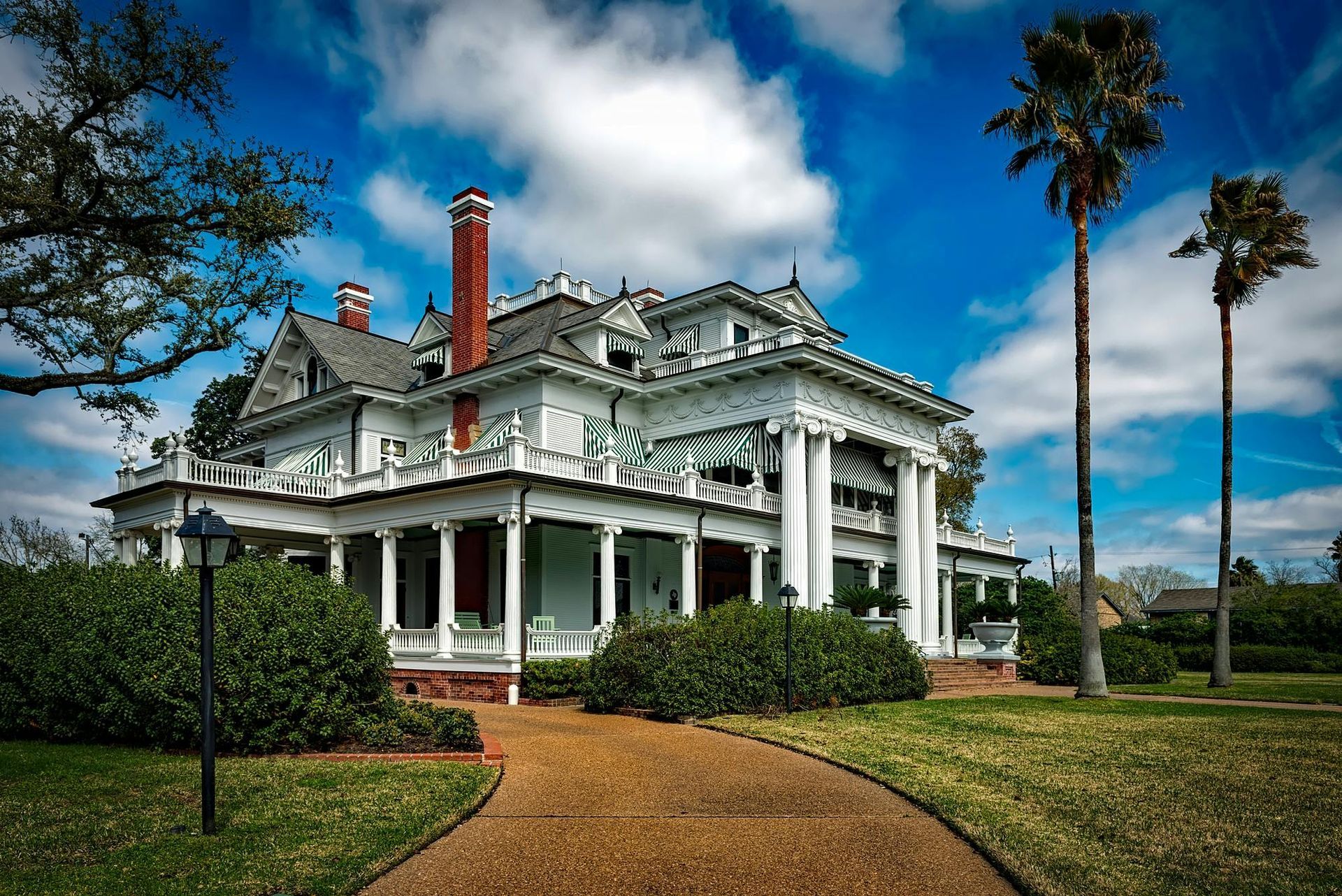Firm and Legal News

When a Movable Becomes Part of the Land: A Quick Guide to Louisiana Acquisitive Prescription In Louisiana, you can become the owner of a “movable” (anything that isn’t real estate - like a mobile/manufactured home, equipment, car, artwork) by acquisitive prescription—ownership earned through possession over time. 3-year route: If you possess the item as owner in good faith and under a document capable of transferring ownership (e.g., a bill of sale), uninterrupted for three years, you acquire ownership. 10-year route: Even without a valid title document or good faith, uninterrupted possession as owner for ten years can also confer ownership. In either case, possession must be public, peaceable, and unequivocal. Time can tack from prior possessors if there’s no interruption. Separately, some movables—like manufactured homes—can be immobilized by judgment, making them legally part of the real estate so lenders and title insurers can treat them like improvements to the land. Our recent case, in a nutshell. A decades-old manufactured home sat on rural property without a recoverable paper title or serial/VIN. The lender required clear title or proof the home was legally part of the land. SNW attorney Johnston Burkhardt came up with a solution: establish ownership by acquisitive prescription and obtain a judgment of immobilization. This was a genuinely unusual problem our firm hadn’t confronted in this exact configuration. We secured the immobilization judgment, clearing the title issue so the transaction could move forward. Why it matters. Missing titles and legacy improvements can stall closings. Pairing acquisitive prescription principles with immobilization can unlock financing, cure underwriting concerns, and deliver marketable title. We like hard problems. If you’re facing a one-off title tangle involving real property or another unusual legal issue, we’re ready to help map the fastest, cleanest route to resolution. For a free consultation, contact Johnston Burkhardt at 504-313-4199 or johnston@snw.law.

Buying property at a tax sale can be a smart way to acquire real estate, but your work isn’t finished when the gavel falls. What you purchase is tax sale title—a limited, conditioned ownership interest that still allows the former owner and other interested parties to challenge the sale or redeem the property for a period of time. To unlock full, marketable ownership, you typically need to quiet title (also called confirming the tax sale). In most cases involving immovable property (real estate), the former owner has three years from the recording of the tax sale deed/certificate to redeem their ownership. Louisiana law requires strict pre-sale and post-sale notice to owners and other “interested persons” (mortgage holders, lienholders, heirs, etc.). Defects in notice can jeopardize the sale—even after the redemption period—on due-process grounds. Why Quieting Title Is Necessary Even after the redemption period expires, title insurers and lenders usually won’t treat your tax sale deed as “clean.” A quiet title judgment cuts off redemption rights and other claims by the previous owner. It also resolves due-process concerns by demonstrating you identified and served all interested parties, and it creates insurable, marketable title so you can finance, sell, or develop the property with confidence. Quieting title is achieved through a civil suit against the previous owner and providing mandated notices to all “interested persons.” Serving interested parties is typically the biggest challenge in tax sales, as the previous owners could be deceased or unable to be located. Once the judgment to quiet title is granted, it gets recorded in the conveyance records to put the public on notice that you have full ownership of the property. Quieting title after a Louisiana tax sale is an intricate procedure that requires an experienced real estate attorney. Our firm regularly guides investors, developers, and individuals through quieting tax sale title to deliver marketable, insurable ownership. If you bought at a tax sale or are considering it, contact Johnston Burkhardt at 504-313-4199 or johnston@snw.law to evaluate your path to clean title.

On Tuesday October 7, 2025, the United States Court of Appeals for the Fifth Circuit further cabined the ability of the City of New Orleans to govern short-term rentals (“STRs”). In an appeal in the ongoing Hignell-Stark suit regarding the regulation of Non-Commercial STRs, the Fifth Circuit affirmed the ruling of the Eastern District in several respects. However, the Court made three rulings against the City of New Orleans that change the landscape significantly. First, the Court held that ordinances that limited licenses for STRs to natural persons (thereby excluding corporations and limited liability companies) violate the Equal Protection Clause. The ordinances had required that STR licenses and operator’s licenses be held by “natural persons.” The Court held that natural persons and corporations were similarly situated for purposes of the Equal Protection Clause and then found that discrimination did not bear rational basis scrutiny. “Nothing…identifies a plausible connection between an STR homeowner’s juridical status and the behavior of STR guests.” Next, the Court identified several claims that sections of the city ordinances governing advertising violated the First Amendment. The Court disagreed with the appellants on all points, save for one hot-button issue. The Court held that the code’s requirement that “’each short-term rental listing advertises only one dwelling unit’ lacks the justification necessary to survive First Amendment scrutiny.” At first blush, this might not seem like a meaningful ruling; however, property owners have long sought to cross-list properties to prospective guests, advertising, for example that two properties were next door to one another, thereby allowing multiple parties to book together. This ruling is likely the most frustrating aspect of the judgment for those seeking to limit large bookings at STRs. Finally, the Court rejected the argument that the City's resident-operator requirement violated the Dormant Commerce Clause. However, the Court held that the City’s interpretation (and judicial admission) that the law “only requires the operator to be present at the property while guests are present” survived the Dormant Commerce Clause analysis. Under the Court’s analysis the resident-operator requirement only survives under the interpretation that “the Code’s language requires that an operator reside on the STR property only while it is actively occupied by guests.” With new STR ordinances expected in the coming months, it is possible that the City starts from scratch, or it may try to take the case to the United States Supreme Court. Contact Graham Williams if you have further questions.










